Graham Reid | | 3 min read
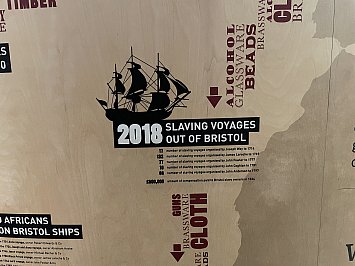
When Black Lives Matter protestors in Bristol pulled the statue of 17th century philanthropist, merchant, MP and slavery profiteer Sir Edward Colston off its plinth in 2020 and dumped it in the harbour, it might have seemed like the cathartic end of on-going protests about the city commemorating such a divisive figure.
But it was just another instalment in the city coming to terms with its past.
Colston's bronze likeness now lies – in death-like horizontality – behind thick protective glass in Bristol's M Shed museum at Wapping Wharf.
The museum deals with many aspects of Bristol over the centuries from the sex trade and shipping to engineers and music hall entertainers, right up to Wallace and Gromit, Massive Attack and beyond.
But invariably the horrors of slavery draw silent attention: half a million enslaved Africans on Bristol ships; Colston responsible for 84,000 of whom 19,000 died on the transatlantic voyages.
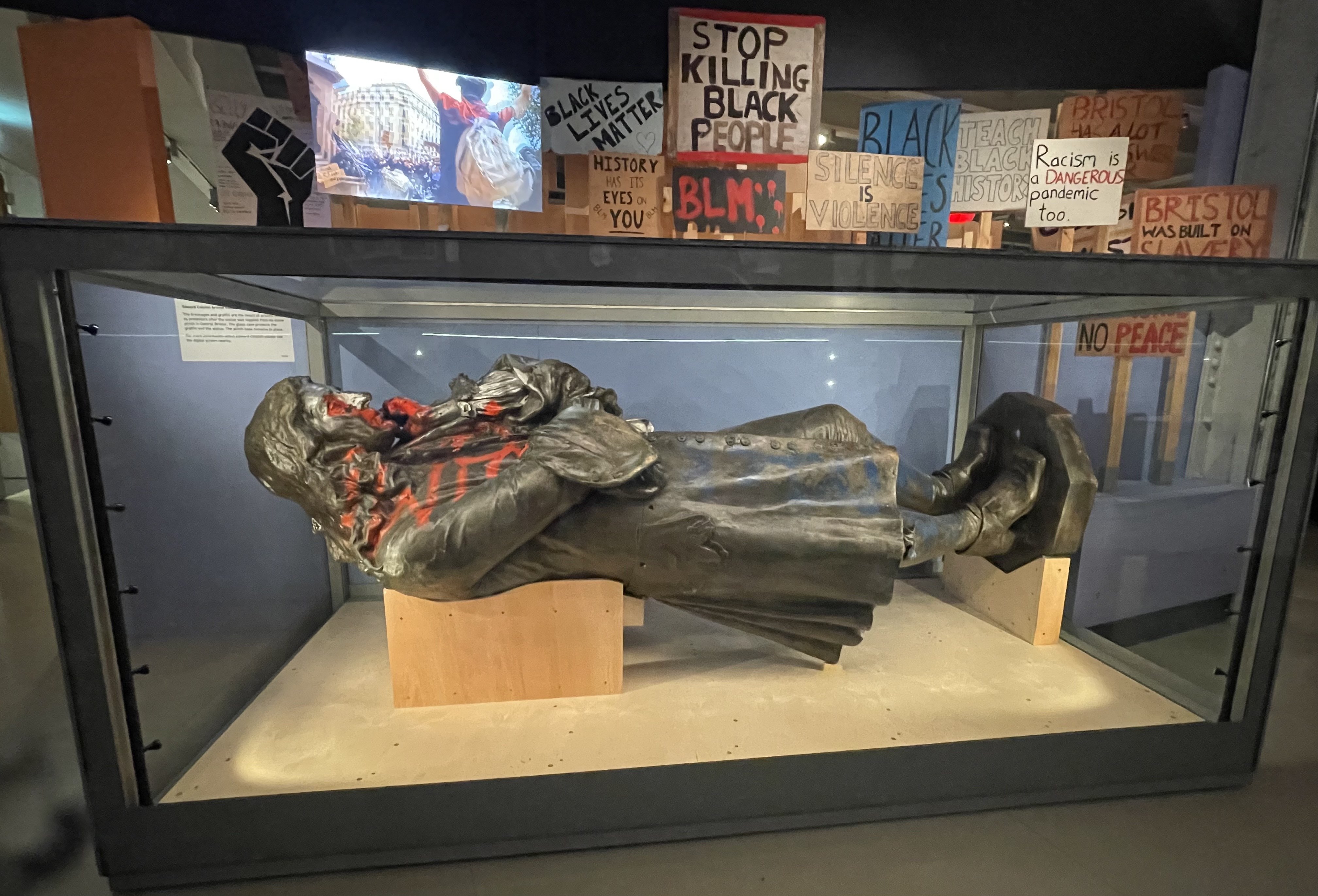 In our country discussions of race and culture understandably tend to be binary, Britain has to accommodate more diverse, long embedded voices.
In our country discussions of race and culture understandably tend to be binary, Britain has to accommodate more diverse, long embedded voices.
Bristol's mayor in 2020 Marvin Rees – a mixed race Jamaican who says “[Colston] maybe traded one of my ancestors” – couldn't condone toppling the statue which also offended him. But noted the four charged and acquitted were white.
“So I ask whether four black people would have had the conscience to take such a gamble and, if they had, would they have had the same likelihood of a not guilty verdict?”
If not, then what we saw was white privilege alongside anti-racism: “A number of things can be true at the same time,” he observed astutely.
Race and culture have long been flashpoints in Britain, increasingly fuelled by racist misinformation in social media posts and what are politely called “bad actors”.
Those born outside Britain now make up 16% of the population (in London a whopping 40%) so discussions come freighted with history and personal experience.
But descendants of migrants have long been accepted into positions of power and influence across many aspects of UK society and culture.
Scottish Labour leader Anas Sarwar was born in Glasgow to Pakistani Muslim parents; the current Conservative leader Kemi Badenoch was born to Nigerian Yoruba parents and inherited her position last November from Rishi Sunak (parents Hindu migrants to Britain from East Africa) . . .
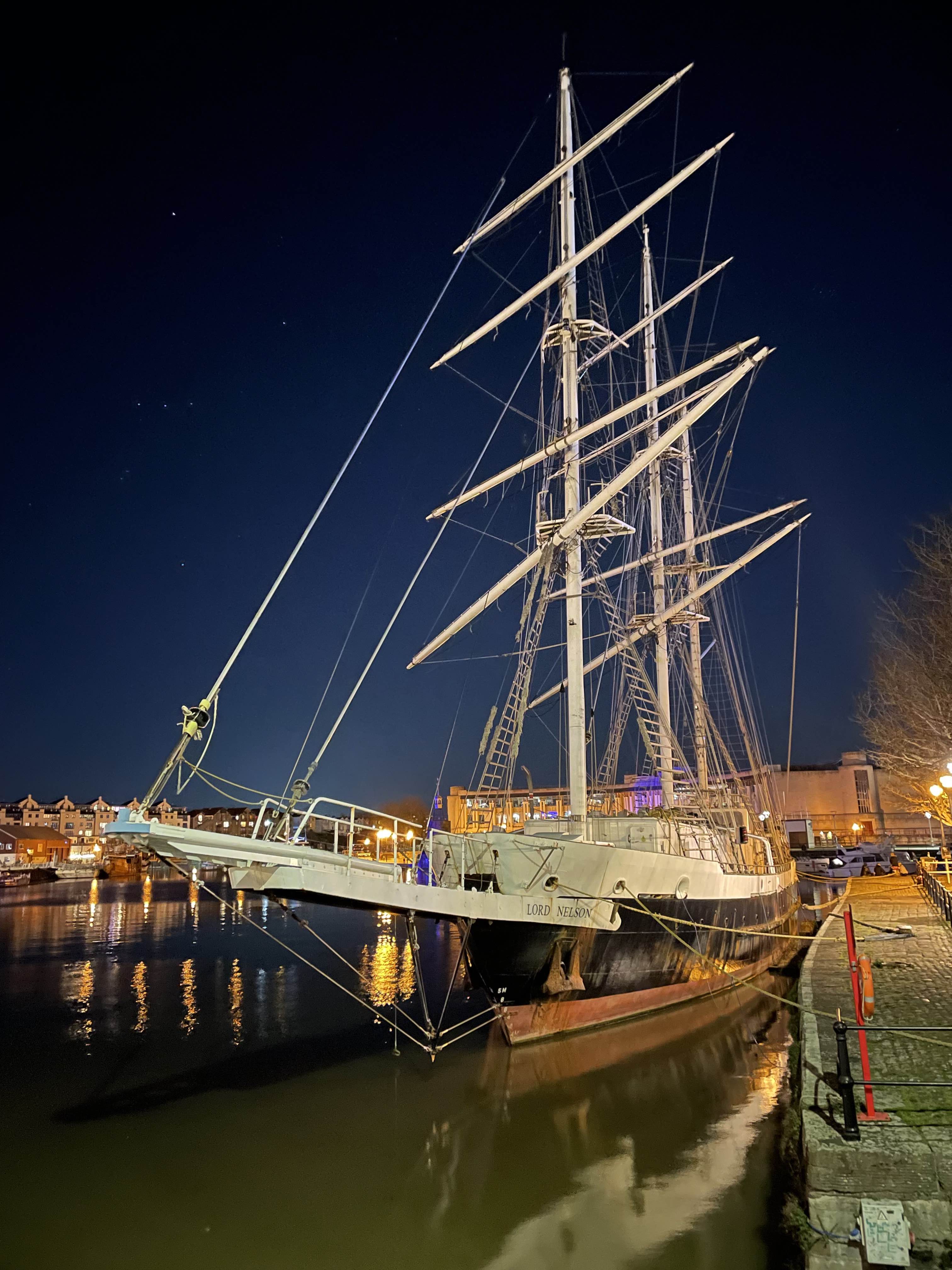 But Britons can't just talk amongst themselves any more: recently Elon Musk, drawing from own well of poisonous misinformation, lobbed a tweet designed to destabilise Sir Keir Starmer's government by resurrecting the spectre of British-Pakistani grooming gangs; Nigel Farage announced the billionaire will donate ₤1 million to his Reform Party; within days Musk says Farage isn't a fit leader.
But Britons can't just talk amongst themselves any more: recently Elon Musk, drawing from own well of poisonous misinformation, lobbed a tweet designed to destabilise Sir Keir Starmer's government by resurrecting the spectre of British-Pakistani grooming gangs; Nigel Farage announced the billionaire will donate ₤1 million to his Reform Party; within days Musk says Farage isn't a fit leader.
They'd fallen out over Musk's support for imprisoned British right wing rabble-rouser Stephen Yaxley-Lennon aka Tommy Robinson who fomented race hate.
Conservative shadow justice secretary Robert Jenrick speaks of “people from alien cultures” referring to Britons of Pakistani origin.
The social fabric is being picked at and this all plays out with the speed of table-tennis volleys. It can exciting for a while but gets exhausting.
Most people on the Tube or in Tesco don't have the luxury to assimilate these things designed for the fast news cycle. Their concerns – as here – are more immediate: the cost of living, housing, underfunded schools and hospitals, getting a doctor's appointment . . .
Such distractions of survival suit those running interference for their global agenda and have the money, power and “followers” to dominate the bandwidth of social and mainstream media.
More than 50 years ago during Republican president Richard Nixon's Watergate scandal and the war in Vietnam, Paul Simon wrote his weary and defeated American Tune. It's as relevant today.
“I don't know a soul who's not been battered, I don't have a friend who feels at ease. I don't know a dream that's not been shattered or driven to its knees . . . when I think of the road we're traveling on, I wonder what's gone wrong”.
.
For other Postcards from Europe go here
This is the final instalment of Postcards from Europe. Graham Reid paid for his own travel and accommodation.


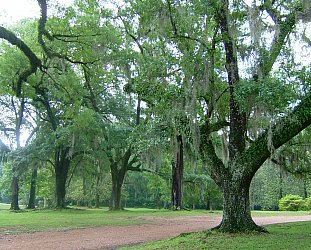
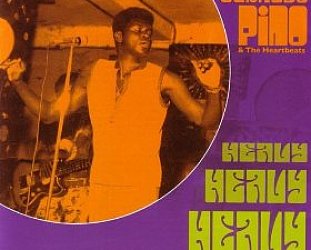

post a comment